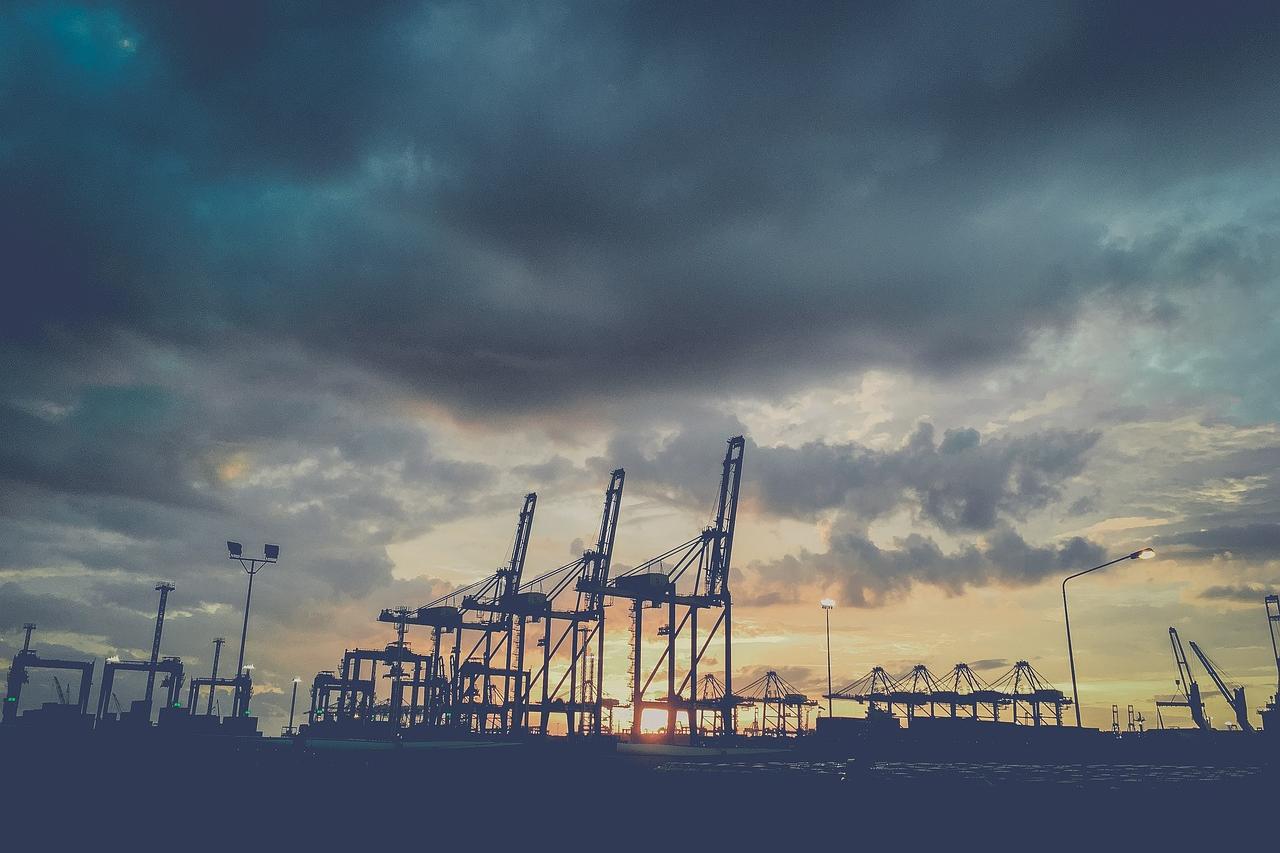
How to verify the compliance qualifications of a freight forwarder?
When selecting an agent, the primary verification should focus on the following three types of certifications:
- International Freight Forwarding Filing Certificate(Validity needs to be verified on China's Single Window for International Trade)
- NVOCC Qualification(The MaritimeAgent's essential (can be checked on the official website of China Maritime Safety Administration)
- Industry Certification(International certifications such as FIATA membership, WCA alliance member, etc.)
The new regulations from the General Administration of Customs in 2025 require that all agents involved in cross-border e-commerce business must obtainDigitalCustoms clearanceService CertificationIt is recommended to request the agent to provide business volume data from the past three months as evidence of performance capability.
Which costs in the quotation are prone to disputes?
Special attention should be paid to three types of fees that are prone to disputes:
- Destination port additional fees: In 2024, global port congestion has led to a general 40% increase in THC fees.
- Exchange rate difference: It is recommended that the contract clearly specify an exchange rate locking mechanism.
- Hidden operational costs: Such as container seal fees, document amendment fees, etc.
After the full implementation of RCEP in 2025, it is recommended to request agents to provideTariff Preference Pre-assessment Service, to avoid additional costs caused by misunderstandings of rules of origin.
How to handle the transportation requirements for special cargo?
Special agreements are required for the following three types of special cargo:
- Dangerous goods: It is mandatory to confirm that the agent holds TDG certification, and the transportation plan includes an emergency response plan.
- Cold chain goods: Request for a complete list of temperature monitoring and recording equipment throughout the process.
- Oversized equipment: The port handling capacity certificate must be confirmed 60 days in advance.
The new EU regulations to be implemented in 2025Carbon Border Adjustment MechanismIt is required to make carbon emission data transparent during the transportation process, and it is recommended to stipulate carbon emission reporting obligations in the contract.
How to Prevent Legal Risks in Customs Clearance?
It is necessary to establish a triple prevention and control mechanism:
- Certificate of Audit: By 2025, 76 countries worldwide will implement electronic certificates of origin. It is necessary to confirm the system's interfacing capability with agency platforms.
- Pre-classification service: It is recommended to request the agent to provide customs pre-ruling services.
- Legal remediesThe contract shall specify the dispute resolution venue (it is recommended to designate the China International Economic and Trade Arbitration Commission).
A recent case where a company's goods were detained due to incorrect HS codes resulted in a direct loss of 30% of the cargo value, highlighting the importance of professional pre-screening.
How to choose the optimal transportation solution?
When making decisions, three dimensions should be considered:
- Time-cost ratio: The shipping market is projected to see a 12% increase in capacity by 2025, but the Red Sea route still carries a 30% premium surcharge.
- Last-mile delivery capacity: Key assessment of the agent's truck dispatch resources in the destination country.
- Emergency alternative plan: It is recommended to include a standby port switching clause in the contract.
In 2024, the freight rates of the China-Europe Railway Express have dropped by 18%, but it should be noted that 41% of the services experience delays of over 7 days. It is recommended to purchase transport delay insurance.
How to effectively control ownership risk?
The following measures are recommended:
- Bill of Lading Control:Insist on issuing original bills of lading and avoid accepting seaway bills (Seaway Bill).
- Cargo Tracking: Require the agent to be equipped with a GPS/blockchain tracking system.
- Insurance coverage: In 2025, the all-risk marine insurance rate will increase to 0.35% of the cargo value, but full coverage should still be maintained.
Special attentionFCA TermsRegarding the determination of the point when goods are handed over to the carrier, it is recommended to clearly specify the requirements for retaining surveillance footage of warehouse handovers in the contract.
How to cope with sudden changes in international trade policies?
It is recommended to establish a three-tier early warning mechanism:
- Information monitoring: Request the agent to provide a weekly policy report on major trading countries.
- The Alternative Program: Key materials must maintain sources from at least two production sites.
- Contract Terms: Add a force majeure extension clause (covering situations of sudden policy changes)
Potential new U.S. policies that may be implemented in 2025Digital Services TaxIt will impact the logistics costs of cross-border e-commerce, so tax planning in advance is recommended.


 Follow Customer Service WeChat
Follow Customer Service WeChat